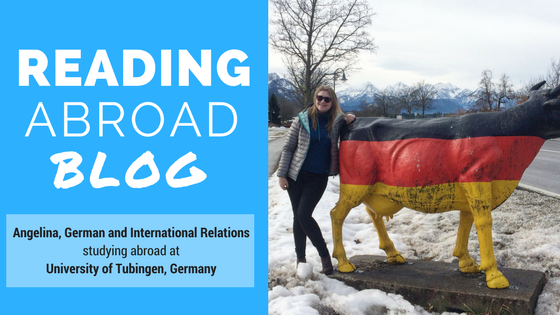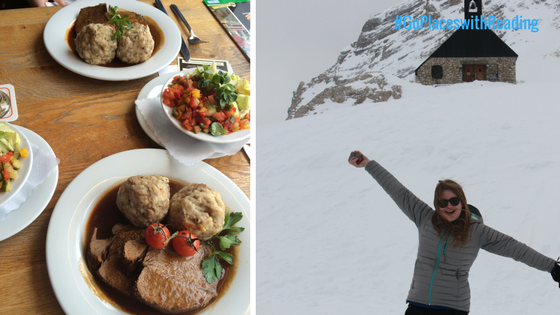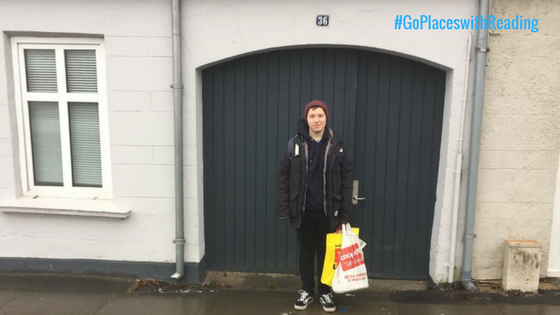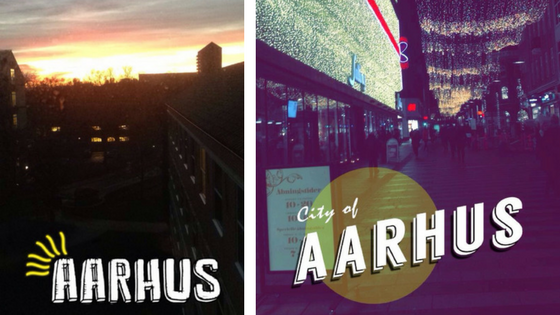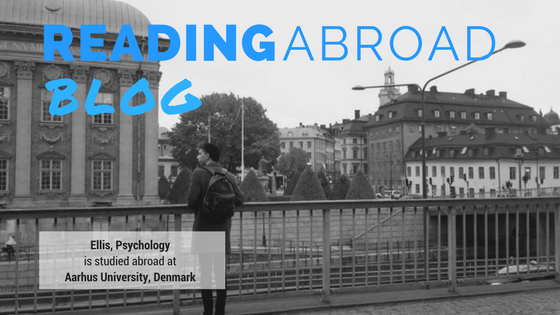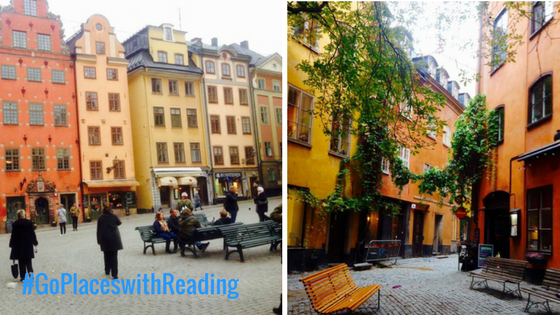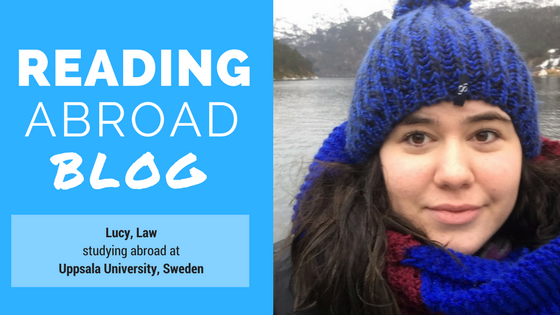
“Divided in Diversity” – The European Union in Crisis?
November 30 – December 23, 2020
The program provides an overview of the historical, cultural and political framework of European integration, and addresses the current challenges Europe and the EU face today: Brexit, immigration, political fragmentation and radicalization, the EU’s democratic deficit and foreign policy challenges. Furthermore, class sessions will introduce participants to the history and trajectory of human rights in Europe, questions of collective (national) identity and how it is shaped by current developments.
- APPLICATION DEADLINE: 31 October
- Erasmus & Study Abroad Office will cover the program fee (€175) for up to 5 successful UoR applicants for the University of Tübingen online fall school (Taught in cooperation with Oregon State University (OSU)).
- Full information available from: https://uni-tuebingen.de/en/182458
- Successful participation on the University of Tübingen online fall school will be recognised on your UoR transcript as a non-credit / extra-curricular module
If you have any queries please contact: international.office@uni-tuebingen.de or studyabroad@reading.ac.uk
Important:
- Before applying you should discuss this with your Study Abroad Coordinator – any recompense of programme fees is dependent on their approval to participate.
- In general students are expected to pay for the programme to the University of Tübingen direct, with a refund being processed upon provision of a receipt of payment to the Erasmus & Study Abroad Office (students in financial hardship should contact studyabroad@reading.ac.uk for further information)
- Recompense of the program fees will be distributed on a ‘first-come, first-served’ basis i.e. the first 5 students notifying the Erasmus & Study Abroad Office of successful application will be recompensed, providing they have their Study Abroad Coordinator approval to participate.
- Attendance on the online fall school must not be to the detriment of your University of Reading studies – University of Reading academic commitments must take priority.
- Please confirm with the Erasmus & Study Abroad Office if you intend to apply.
- Students will be required to provide testimonial to and be interviewed by the Erasmus & Study Abroad Office upon completion of the course.
#skillsdeveloment #knowledgegains #studyabroad #readingabroad #erasmusandstudyabroad #internationaleducation


 Are you an ex-Reading student who participated on the Erasmus programme? Or are you a current Erasmus student,
Are you an ex-Reading student who participated on the Erasmus programme? Or are you a current Erasmus student, 
 The highlight (for me at least) however was a very passionate talk by an Aarhusian (?) who had set up the Warm Welcome Society – a citizen led initiative to welcome all new arrivals to Aarhus – Danes, students, workers, immigrants etc. He explained the rationale, the history and its development, and how citizens had worked outside of and recently with the municipality in helping to try to make Aarhus one of the most ‘stranger’ friendly cities in Europe. Best described as GIVEISM, there was now an established network in place to help make all new arrivals welcomed in Aarhus and giving them the opportunity to truly be part of their local communities. I think he polarised opinions, but I loved his view that we need to THINK BIG to make any meaningful change! Relevance to Study Abroad? Loads – so many ideas to plunder, but it generated and inspired tangents that will hopefully help ESAO further develop our activities.
The highlight (for me at least) however was a very passionate talk by an Aarhusian (?) who had set up the Warm Welcome Society – a citizen led initiative to welcome all new arrivals to Aarhus – Danes, students, workers, immigrants etc. He explained the rationale, the history and its development, and how citizens had worked outside of and recently with the municipality in helping to try to make Aarhus one of the most ‘stranger’ friendly cities in Europe. Best described as GIVEISM, there was now an established network in place to help make all new arrivals welcomed in Aarhus and giving them the opportunity to truly be part of their local communities. I think he polarised opinions, but I loved his view that we need to THINK BIG to make any meaningful change! Relevance to Study Abroad? Loads – so many ideas to plunder, but it generated and inspired tangents that will hopefully help ESAO further develop our activities.
